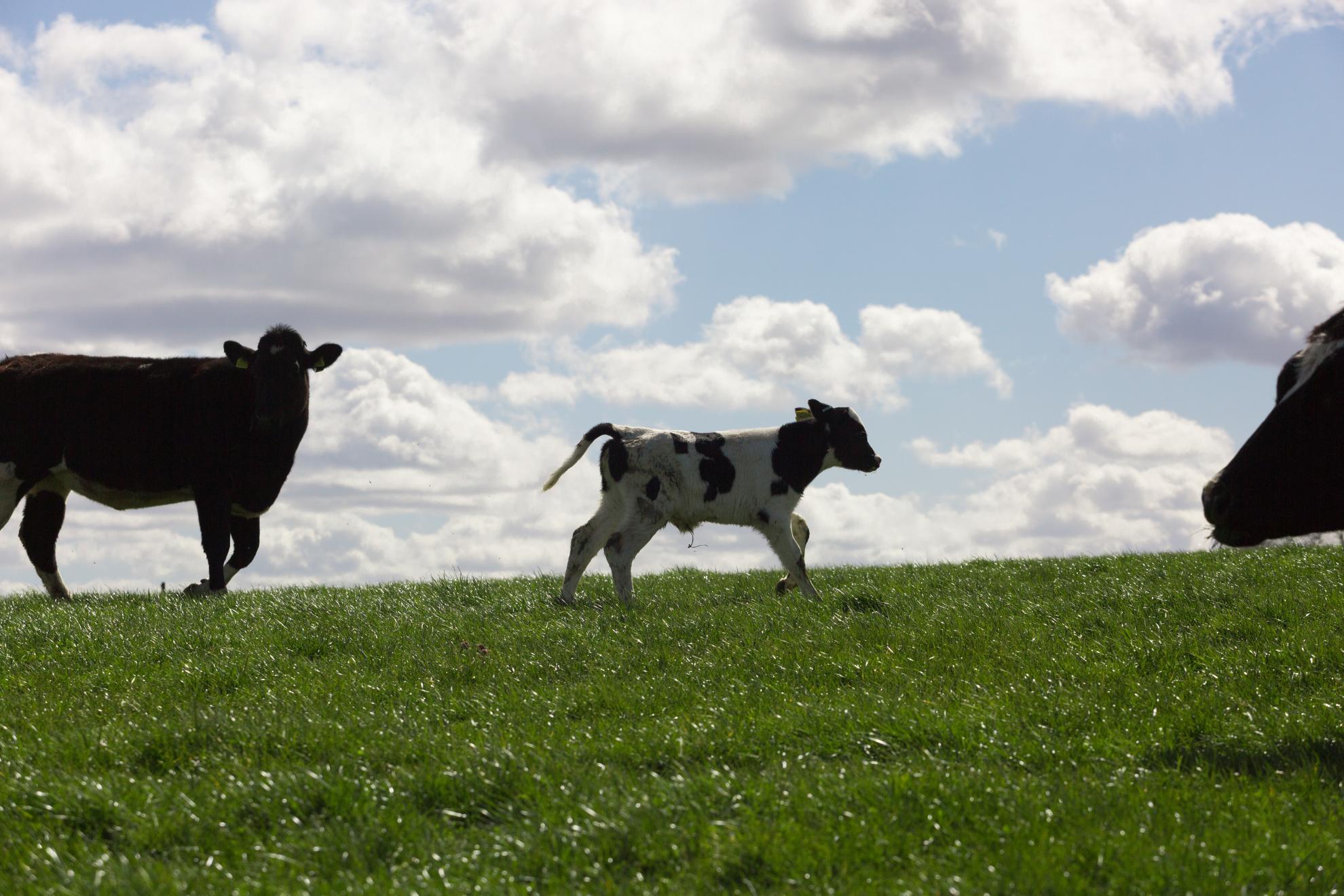The functional significance of cattle major histocompatibility complex class I genetic diversity
Current concerns about food security highlight the importance of maintaining productive and disease-resistant livestock populations. Major histocompatibility complex (MHC) class I genes have a central role in immunity. A high level of diversity in these genes allows populations to survive despite exposure to rapidly evolving pathogens. This review aims to describe the key features of MHC class I genetic diversity in cattle and to discuss their role in disease resistance. Discussion centers on data derived from the cattle genome sequence and studies addressing MHCclass I gene expression and function. The impact of intensive selection on MHC diversity is also considered.Ahigh level of complexity in MHC class I genes and functionally related gene families is revealed. This highlights the need for increased efforts to determine key genetic components that govern cattle immune responses to disease, which is increasingly important in the face of changing human and environmental demands.
Back to publications
